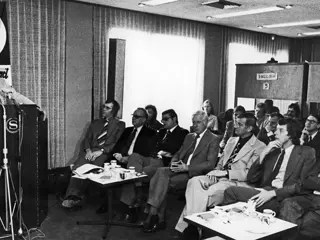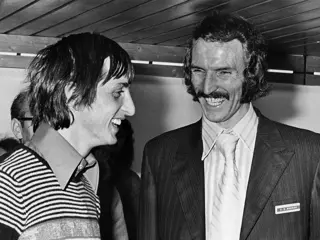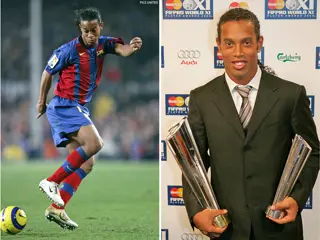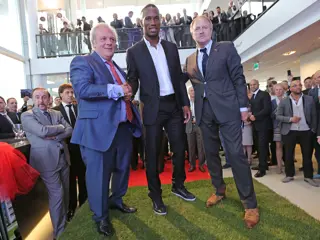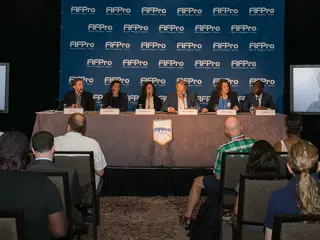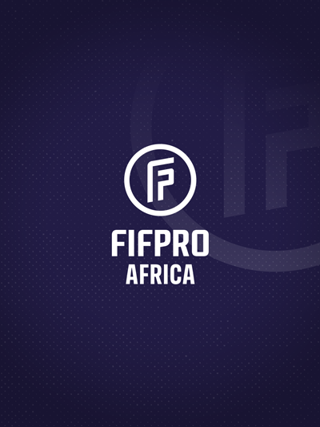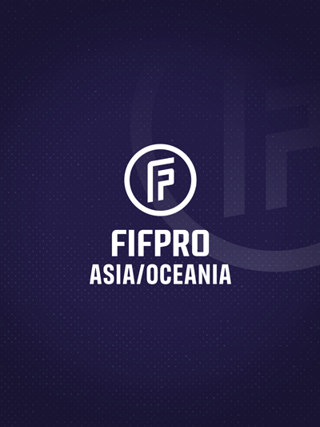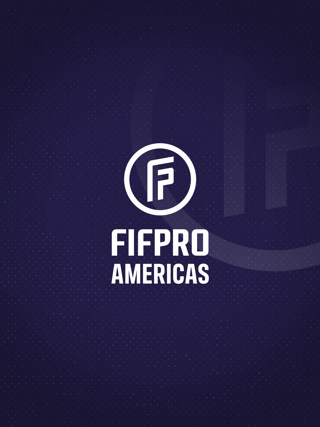Who We Are
Representing Players Worldwide
FIFPRO unites the voice of professional footballers and their national player associations to ensure they are internationally represented in the decisions affecting their industry.
Our work is driven by the workforce priorities of players and, along with our member unions and partners, we strive to improve the working environment of footballers.

FIFPRO's Leadership and Divisions
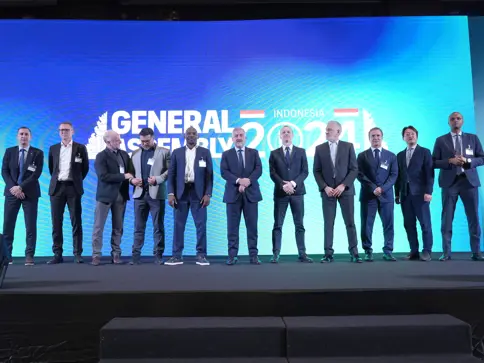
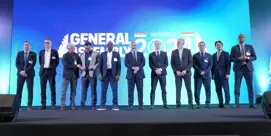
FIFPRO's Board carries the responsibility of defending the working rights of more than 70,000 men’s and women’s footballers.
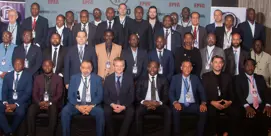
FIFPRO Africa consists of 11 member unions; it engages the Confederation of African Football (CAF) and regional stakeholders to ensure footballers in Africa have a collective voice and are represented in decision-making.

FIFPRO South America and FIFPRO Central and North America engage their respective confederations of CONMEBOL and Concacaf, as well as other regional stakeholders, to best serve the interests of footballers in the Americas.
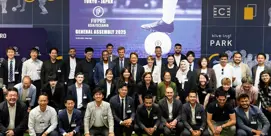
FIFPRO Asia/Oceania is the collective international voice of professional footballers of Asia and Oceania, representing over 6,000 players.
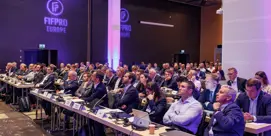
FIFPRO Europe consists of 36 member unions; it engages UEFA and European football stakeholders such as leagues, clubs and fans on workplace issues in order to safeguard the working rights and interests of football players across Europe.
60 years of serving players
Statistics
- 70+
Player Associations
- 70,000+
Footballers Represented
- 4
Regional Divisions
With more players than ever working abroad in a globalised employment market, FIFPRO’s worldwide network of player associations is ever more relevant to address the opportunities and challenges in a global industry.
Our History
60 years of supporting players
Latest Divisional News
Sergio Marchi: "We need dialogue between all stakeholders in football"
Read moreDavid Terrier: "For the first time, players are formally represented at the highest level of European football decision-making"
Read moreFIFPRO Europe joins UEFA Executive Committee
Read morePlayers call for AFC partnership as FIFPRO Asia/Oceania research indicates 2026 Women’s Asian Cup will be biggest ever
Read moreSIFUP provides aid to footballers affected by forest fires in Chile
Read moreSlovenian union SPINS announces player strike over employment status and tax reform
Read moreFIFPRO condemns attempts to manipulate independent representation of professional footballers in India
Read moreHistoric day for Argentinian player union's Pro Diploma for Sports Managers
Read moreUnion-led education supports Lithuanian players
Read moreEuropean football unites behind key principles of the football transfer system and its reform
Read moreFIFPRO Statement: FIFA Appeal Committee decision on seven players who sought eligibility to represent Malaysia
Read moreFIFPRO asserts unified vision and reaffirms openness to negotiation with all major football stakeholders
Read moreFIFPRO Africa and FIFPRO Asia/Oceania sign landmark agreement at General Assembly
Read moreCanada receives full FIFPRO member status, Angola becomes candidate member
Read more
